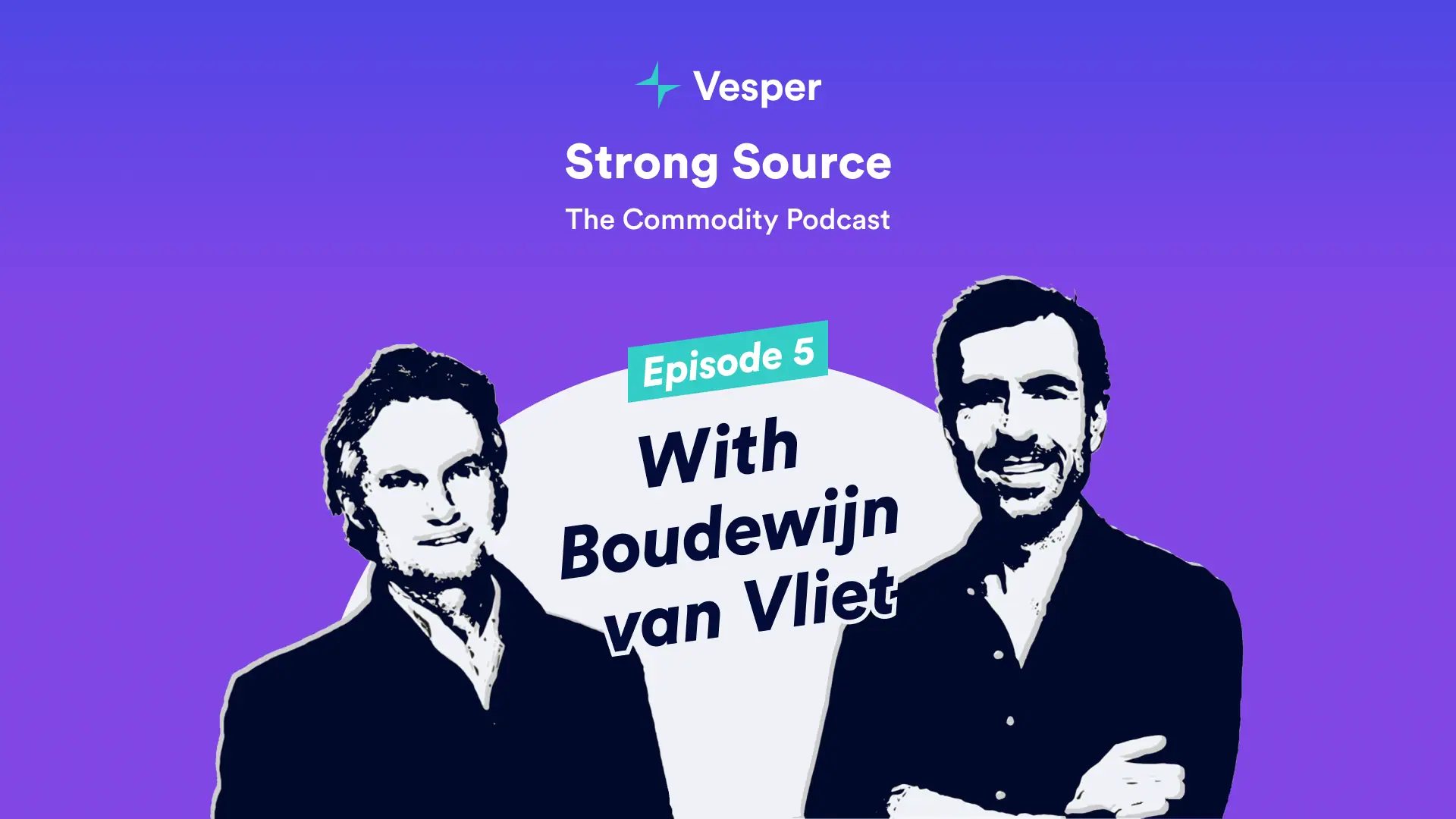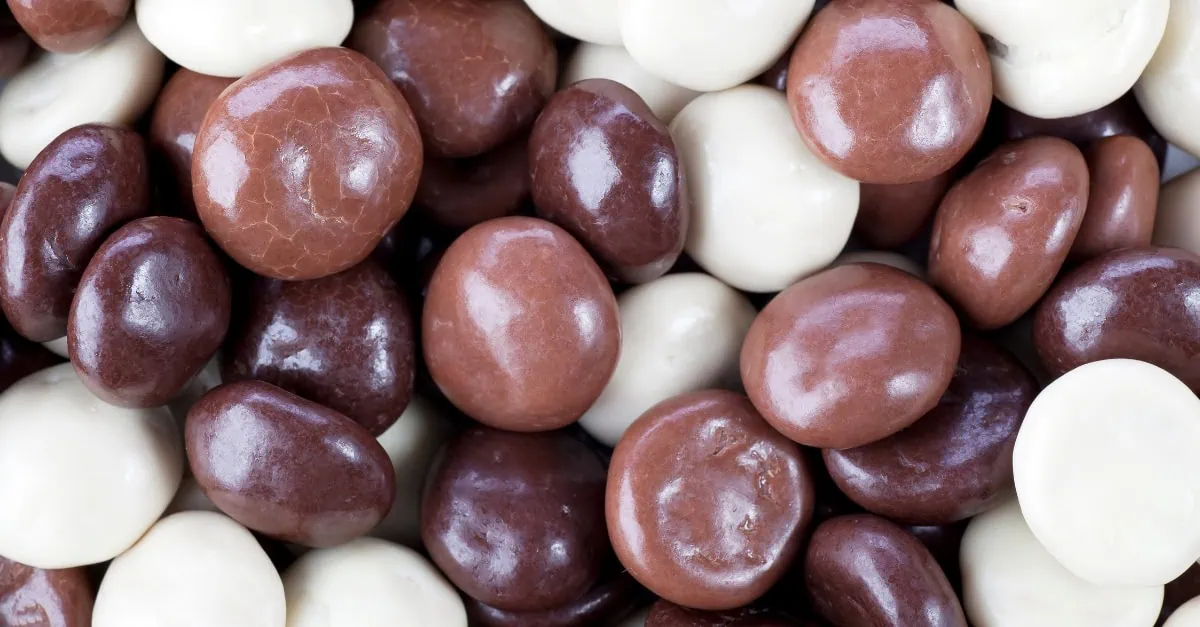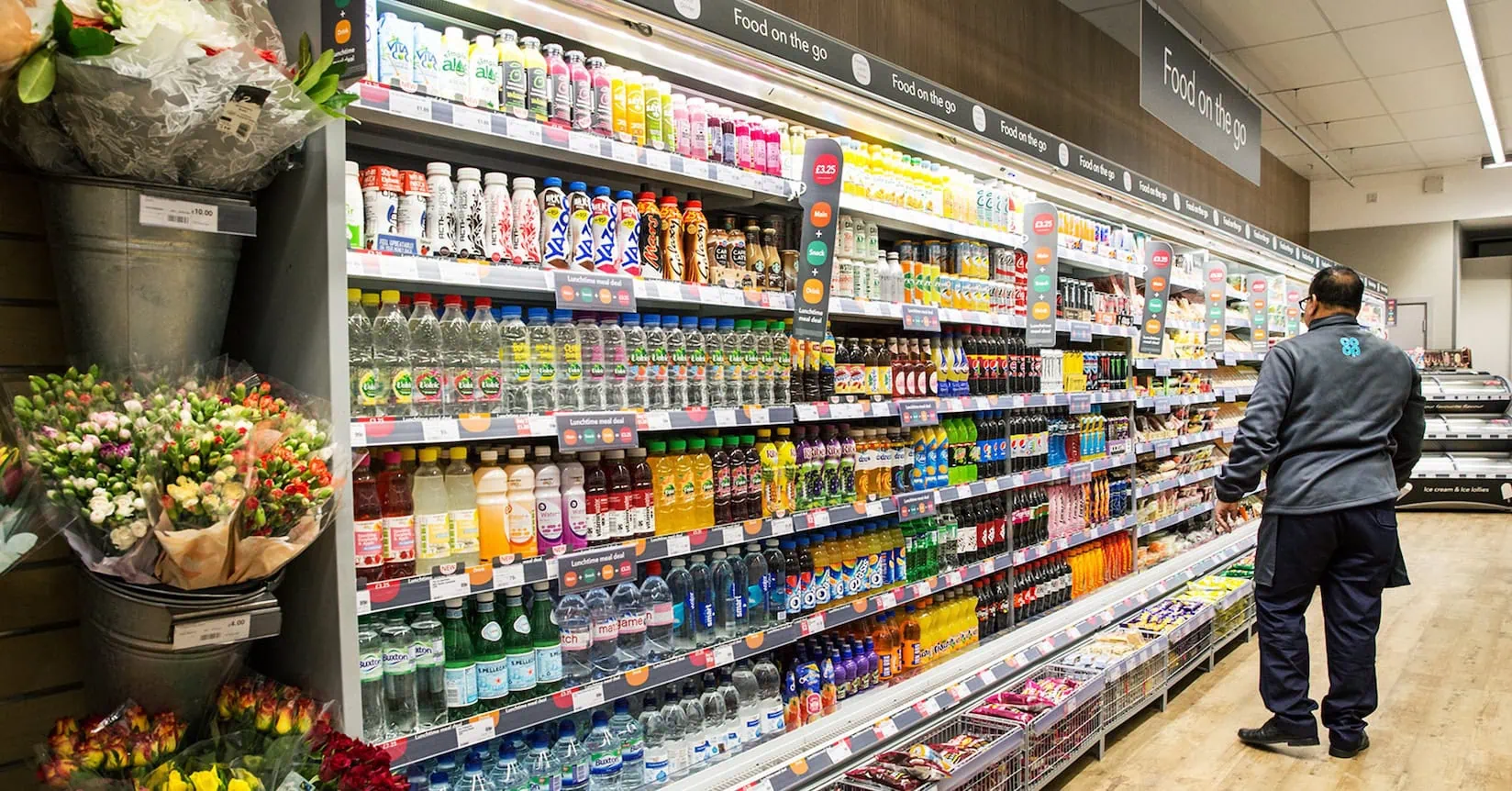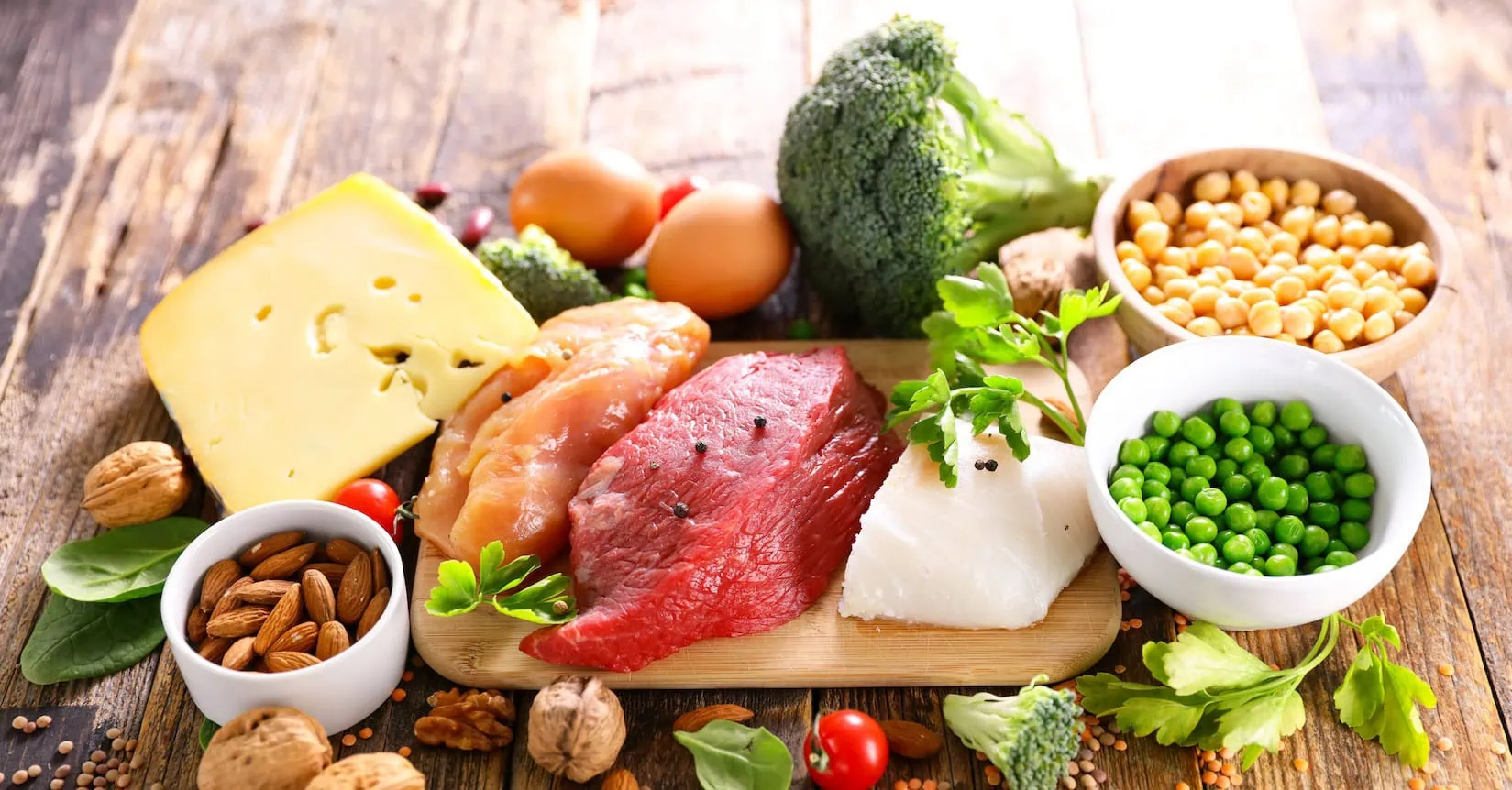In the latest episode of the Commodity StrongSource podcast, we had the pleasure of sitting down with Boudewijn van Vliet, a seasoned commodity trader with over 20 years of experience. Boudewijn’s career path is anything but typical, moving from trading on some of the most volatile markets in the world to becoming an entrepreneur in the clean tech space. His story offers invaluable insights for anyone interested in the dynamic and often unpredictable world of commodities.
How It All Began: A Non-Traditional Start in Commodities
Like many in the industry, Boudewijn didn’t set out with a grand plan to enter the world of commodities. “I got a job offer at a commodity trading advisor, which was a specific type of hedge fund. Before that, I didn’t have a grand plan to go into commodities. But once I was in, I was hooked,” he recalls. Boudewijn’s early exposure to a wide array of futures markets—from soybeans to pork bellies—gave him a broad perspective on global markets.
However, it wasn’t long before Boudewijn realized that trading was more than just executing computer-generated orders. “What was missing for me was the real trading decisions,” he says, a realization that eventually led him to reapply at Cargill, one of the giants in the commodity trading world.
Trading at Cargill: A Foundation Built on Teamwork
Boudewijn’s time at Cargill was foundational. “Cargill was a place where you were part of a big team that did fundamental analysis in a big company with a lot of information flow. But with that came the challenge of determining what information was relevant for the market,” he explains. This wealth of information, while overwhelming at times, was crucial in developing his trading strategies.
He also touched on the importance of futures in the commodity markets, a topic that often confuses those new to the field. “Futures are an efficient product, originally invented in the agricultural space to manage the risk of crops coming to market all at once,” Boudewijn explains. This tool, which standardizes contracts and removes counterparty risk, is essential for maintaining liquidity and stability in the markets.
The Move to Freight: A Different Kind of Trading
After gaining substantial experience in grain and oilseed trading, Boudewijn made a significant shift to trading freight. “Freight is a whole different world,” he notes. Unlike commodities that are produced and consumed, freight is about capacity—specifically, the capacity to move goods from one part of the world to another.
He reflects on the unique challenges of this market, particularly the effects of congestion and demand fluctuations. “In freight, if demand gets higher, everyone suddenly needs ships in the same ports, causing congestion just when supply is most needed,” Boudewijn explains. This dynamic can cause the market to spin out of control, creating both opportunities and risks.
Going Solo: The Transition to Individual Trading
One of the most significant shifts in Boudewijn’s career came when he transitioned from team trading to individual trading at a bank. “It was refreshing because there was nowhere to hide. You had to make your own decisions and live with the consequences,” he says. This move, while isolating at times, allowed him to hone his trading skills further, relying solely on his judgment and market analysis.
But Boudewijn also acknowledges the importance of being part of a team, especially for those early in their careers. “I learned a lot about trading in a team at Cargill. It’s like being together in the trenches, creating a bond that lasts long after you leave,” he shares.
Entrepreneurship and the Clean Tech Revolution
In the later stages of his career, Boudewijn made another significant shift—this time from trading to entrepreneurship in the clean tech sector. “I met someone who told me you could take waste plastic and convert it back to petroleum. The idea immediately clicked because it addressed a massive global problem while offering a clear business opportunity,” he says.
Boudewijn became an investor and manager in Prime, a company focused on converting plastic waste into oil through a process called pyrolysis. “The technology itself isn’t new, but there hasn’t been much investment in it. Now, with strong EU regulations and a push for circularity, the demand for this kind of recycling is skyrocketing,” he explains.
Final Advice: Finding Your Path in Commodities
For those looking to enter the commodity trading world, Boudewijn offers sage advice. “Try to get a job with a big or established company in commodity trading. It doesn’t matter which commodity you start with because the skills you learn are transferable. The key is to understand the physical flows and how they influence the markets,” he advises.
Boudewijn’s journey from the trading floors of Cargill to the clean tech revolution is a testament to the diverse opportunities within the commodity sector. Whether you’re drawn to the analytical challenges of trading or the entrepreneurial spirit of building something new, Boudewijn’s story shows that the world of commodities is vast, dynamic, and full of potential.
Listen to the full episode to hear more about Boudewijn’s journey and his insights into the world of commodities trading:
What is the Strong Source Podcast?
Our mission with the Strong Source podcast is to educate and inform, by creating a community where experts and guests from the entire commodity industry can share their unique perspectives. Martijn Bron, ex-cacao trader, and Alexander Sterk, ex-dairy trader and founder of Vesper, have a deep-passion for this industry, which inspired



